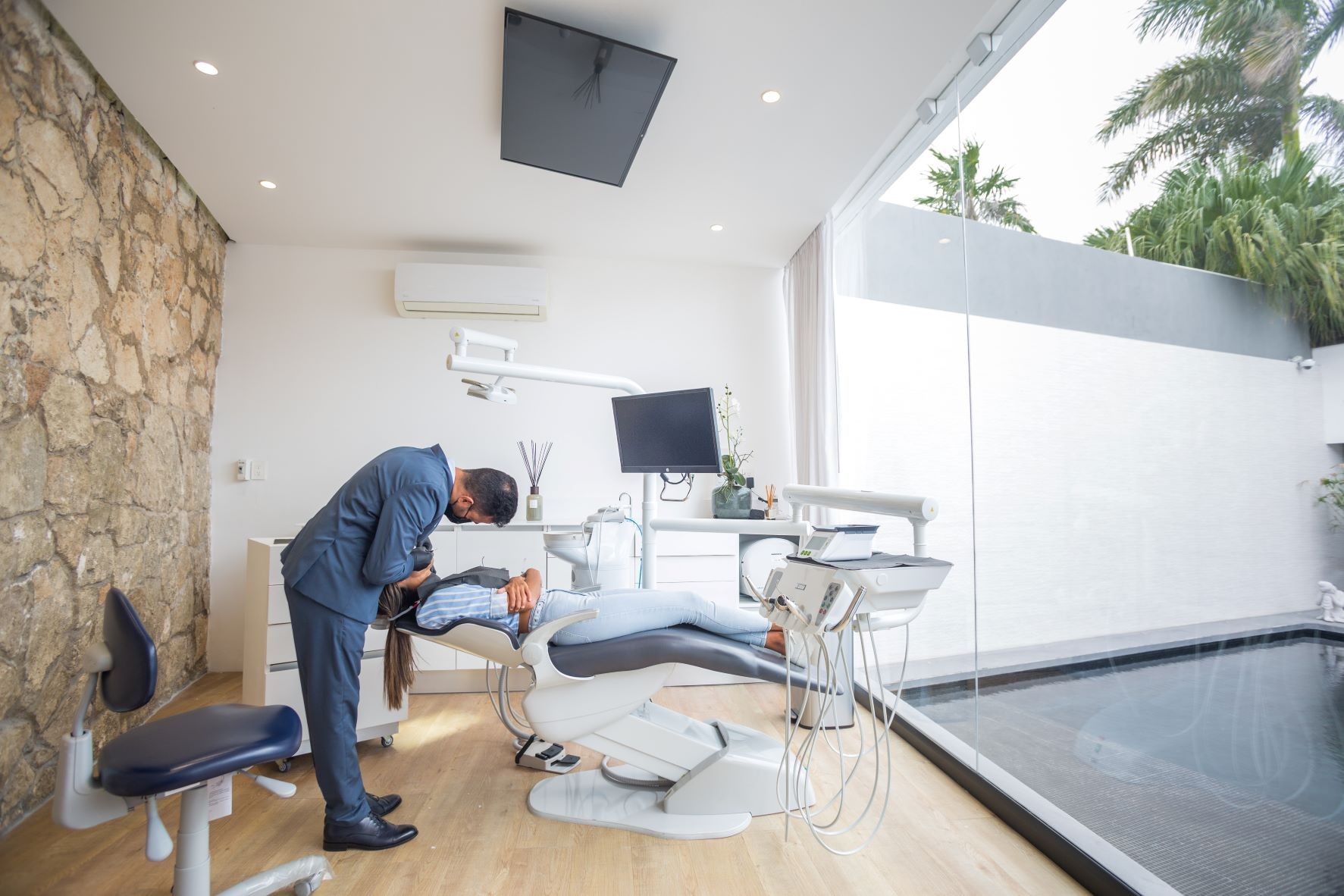
Since March 2020, the New Zealand border has been closed to almost all travellers to stop the spread of Covid-19.
If your prospective employee is not a New Zealand citizen, permanent resident, or returning resident, they will need to obtain a travel exception to enter New Zealand. Registered Dentists, Hygienists and Oral Health Therapists are considered to be “critical health workers” and are eligible for the grant of a travel exception, subject to meeting other standard visa criteria.
Obtaining a New Zealand work visa
If the candidate is outside of New Zealand, they will need to make a request to travel as an exception to New Zealand’s border restrictions
by submitting an expression of interest to apply for a critical purpose visitor visa, or a variation of conditions on their current visa (if
applicable).
The critical purpose visitor visa is valid for up to 6 or 12 months. If the worker needs to stay beyond this date, they will need to apply for a further visa with work conditions.
Changes to the work visa programme
The New Zealand work visa programme is currently in a state of transition. A new visa programme will be implemented mid-2022, which will
replace 6 work visa types, some of which have already closed to new applications, and some of which are closing at the end of October. The
new “Accredited Employer Work Visa” (AEWV) will be employer-led and is expected to offer a pathway to residency to migrant workers.
Employers will need to obtain accreditation to use the AEWV. The AEWV is expected to come into effect in mid-2022. The temporary “Essential
Skills Work Visa” will remain open until the AEWV comes into effect.
Pathways to Residency
There are a number of benefits to obtaining residency in New Zealand for migrant workers, and visas which offer pathways to residency often
require the support of an eligible New Zealand employer. Employers should be aware of certain criteria which may affect the candidate’s
eligibility for a residency visa, such as salary thresholds, work hours, employment agreement type and the age and skill level of the
candidate.
Employers willing to support a migrant worker’s residency application will have a competitive advantage over employers who are only looking to hire workers on a temporary basis.
This information is intended as a guide only.
If you require further information on hiring an overseas worker, or an assessment of their eligibility for a New Zealand visa, please contact sarah@mcmillanco.nz to book an appointment. McMillan & Co are lawyers, mediators and notary publics located in Dunedin, New Zealand, who specialise in Immigration Law.

11 April 2025
Despite Trumps tariff tantrums, NZ dental recruitment remains buoyant.

8 April 2025
Purchasing a dental practice is a significant investment for any dentist, and it requires careful financial planning. One of the most common
questions prospective dental practice owners ask is, "How long will it take to pay off the purchase of my practice?"